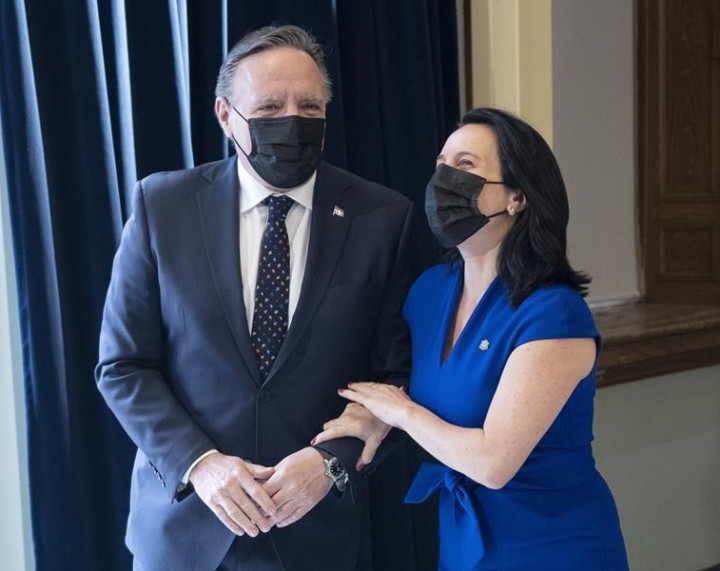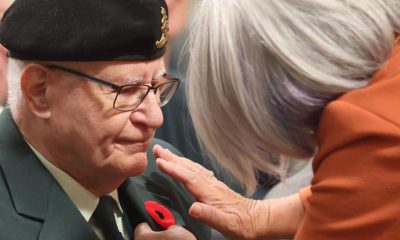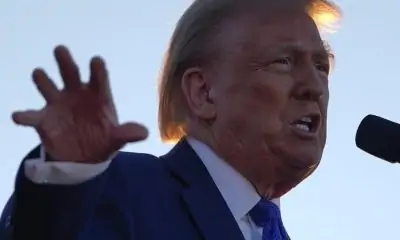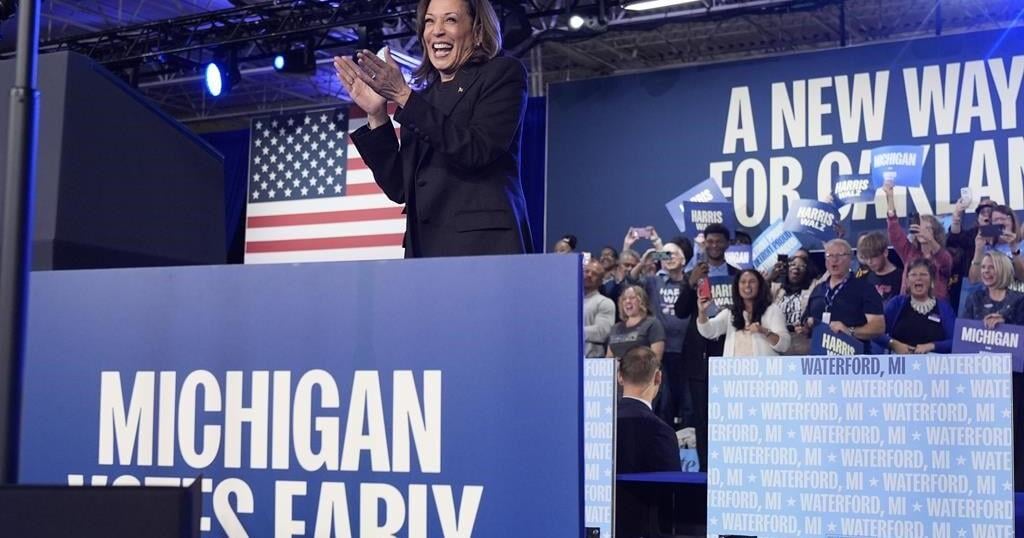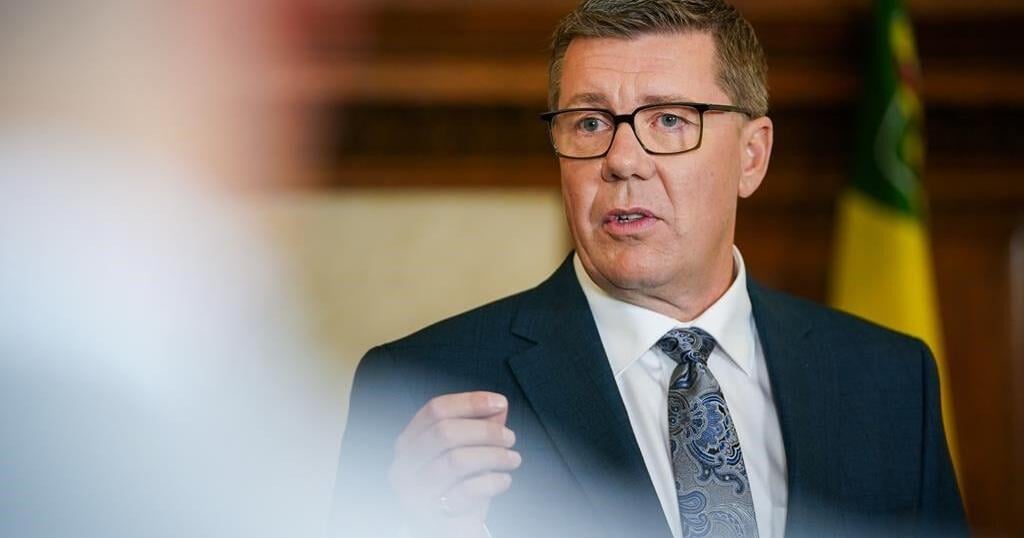DETROIT (AP) — Vice President Kamala Harris appeared with Lizzo on Saturday in the singer’s hometown of Detroit, marking the beginning of in-person voting and lavishing the city with praise after Republican nominee Donald Trump recently disparaged it.
“All the best things were made in Detroit. Coney Dogs, Faygo and Lizzo,” the singer joked to a rally crowd, pointing to herself after listing off the meat-on-a-stick and soda that the city is famous for.
She said it was time to “put some respect on Detroit’s name” noting that the city had revolutionized the auto and music industries and adding that she’d already cast her ballot for Harris since voting early was “a power move.”
Heaps of praise for the Motor City came after Trump, the former president, insulted it during a recent campaign stop. And Harris continued the theme, saying of her campaign, “Like the people of Detroit, we have grit, we have excellence, we have history.”
Arms wide open as she took the stage, Harris let the crowd see she was wearing under her blazer a “Detroit vs. Everybody” T-shirt that the owner of the business that produces them gave her during a previous stop in the city earlier in the week. She also moved around the stage during her speech with a hand-held mic, not using a teleprompter.
More than 1 million Michigan residents have already voted by mail in the Nov. 5 election, and Harris predicted that Detroit turnout for early voting would be strong.
“Who is the capital of producing records?” Harris asked when imploring the crowd to set new highs for early voting tallies. “We are going to break some records here in Detroit today.”
She slammed Trump as unstable: “Somebody just needs to watch his rallies, if you’re not really sure how to vote.”
“We’re not going to get these 17 days back. On Election Day, we don’t want to have any regrets,” the vice president said.
Lizzo also told the crowd, “Mrs. Commander-in-Chief has a nice ring to it.”
“This is the swing state of all swing states, so every last vote here counts,” the singer said. Then, referencing her song of the same title, Lizzo added, “If you ask me if America is ready for its first woman president, I only have one thing to say: “It’s about damn time!”
Republican National Committee Chairman Michael Whatley said in a statement that Harris needed Lizzo “to hide the fact that Michiganders were feeling good under President Trump – real wages were higher, prices were lower, and everyone was better off.”
Talona Johnson, a product manager from Rochester, Michigan, attended Harris rally and said that Harris “and her team are doing the things that are required to make sure that people are informed.”
“I believe she’s telling the truth. She’s trying to help the people,” said Johnson, who said she planned to vote for Harris and saw women’s rights as her top concern.
“I don’t necessarily agree with everything that she’s put out, but she’s better than the alternative,”
In comments to reporters prior to the rally, Harris said she was in Detroit “to thank all the folks for the work they are doing to help organize and register people to vote, and get them out to vote today. She also called Detroit “a great American city” with “a lot of hard-working folks that have grit and ambition and deserve to be respected.”
The vice president was asked about whether the Biden administration’s full-throated support for Israel in its war with Hamas in Gaza might hurt her support in Michigan. Dearborn, near Detroit, is the largest city with an Arab majority in the nation.
“It has never been easy,” Harris said of Middle East policy. “But that doesn’t mean we give up.”
She will get more star power later Saturday when she holds a rally in Atlanta featuring another wildly popular singer, Usher.
Early voting is also underway in Georgia. More than 1.2 million ballots have been cast, either in person or by mail.
Democrats hope an expansive organizing effort will boost Harris against Trump in the campaign’s final weeks.
___
Associated Press writers Matt Brown in Detroit and Will Weissert and Fatima Hussein in Washington contributed.

